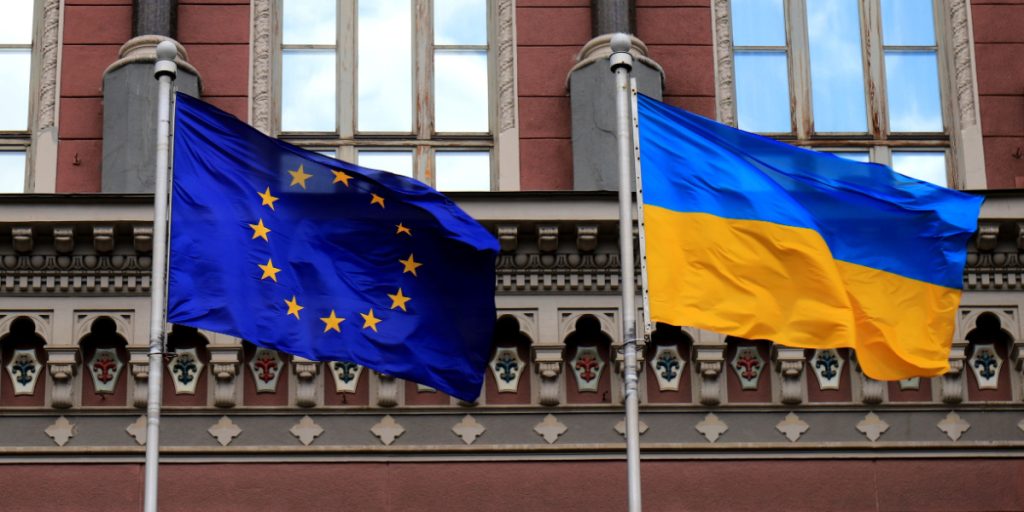EU ambassadors will again try to approve the agreement on trade liberalization with Ukraine.
Others are reading now
On Monday, ambassadors from the 27 EU countries will reconvene in an effort to approve a deal aimed at extending liberalized trade with Ukraine, this time with anticipated new restrictions. This follows an unsuccessful attempt last Wednesday, as reported by the Polish radio station RMF FM.
A Struggle Over Agricultural Imports
The hold-up in approval stems from Poland and France’s call for tighter restrictions on the import of Ukrainian agricultural products.
Belgium, currently presiding over the Council of the European Union, sees no necessity for amendments to the deal. Belgium maintains that Poland’s concerns have been addressed with assurances at a recent EU summit, marking the extension of duty-free trade with Ukraine as final.
Expectations are set for a shift next year towards an association agreement grounded in reciprocity and Ukraine’s adherence to EU norms and standards, a stance also supported by Germany, which opposes revising the agreement.
Also read
French President Emmanuel Macron, during a Friday press conference, expressed his anticipation for changes to the agreement’s text. Macron’s proposal includes using the period up to 2021—a time when Ukrainian imports were notably lower—as the basis for determining quotas for Ukrainian imports and adding wheat to the list of quota products.
“This would alleviate many of the existing difficulties not only in Poland but also in many European countries, including here in France,” Macron stated.
EU sources anticipate that Poland and France will present a united front, potentially garnering support from other countries neighboring Ukraine.
The Race Against Time
With tensions escalating, the agreement’s approval is urgent as it must pass through the European Parliament in a plenary session this April—the final session before the European Parliament elections.
The agreement is slated to take effect no later than June 5 and will remain in place for another year.
This follows a preliminary compromise reached among the Council of the EU, the European Parliament, and the European Commission that proposed the base period of 2022-2023 for calculating limits on Ukrainian imports. In January, the European Commission suggested extending the suspension of import quotas and customs duties on Ukrainian exports to the EU for an additional year, while introducing safeguards for agricultural products as demanded by several EU countries.
This proposal has not satisfied EU farmers, particularly in countries bordering Ukraine, leading to protest actions, notably in Poland.


